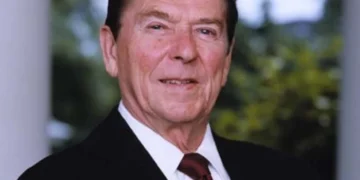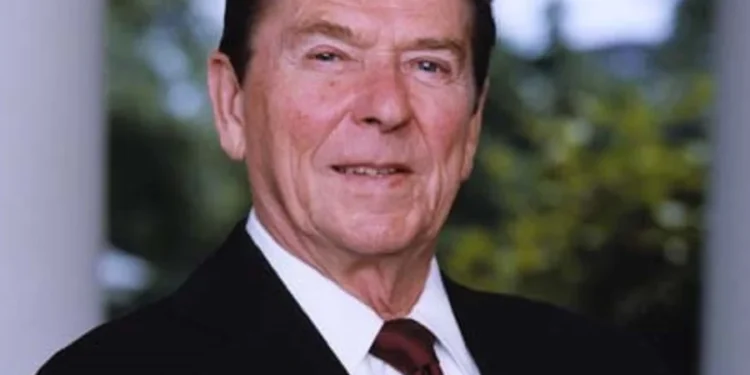If the United States and Israel were to update their relationship status on Facebook, it would likely read “It’s complicated.” Recent events have shed light on this nuanced relationship, underscoring that despite the United States of unwavering support of Israel since 1948, even the closest of allies can sometimes find themselves at odds, a situation that has persisted for decades.
We start with President Biden’s warning to stop American weapons shipments to Israel if it proceeds with the proposed ground invasion of Rafah has shaken the political landscapes of both nations. It has compelled Israel to reconsider its strategy in the conflict with Hamas and has intensified the split among Congressional members regarding the issue.
To clarify, the halt currently applies only to one shipment of 2,000-pound and 500-pound bombs to Israel. The United States continues to forward arms to Israel, with recent shipments including both offensive and defensive weapons, such as small arms. President Biden asserts that the United States will always defend and support Israel, but his red line is a full-scale attack on Rafah without a comprehensive plan to minimize civilian casualties and avoid exacerbating the humanitarian situation.
Since the brutal attack on Israel on October 7th, which resulted in over 1200 deaths and the taking of 250 innocent citizens as hostages, President Biden and his administration have been in daily contact with the Jewish state. They have supplied Israel with over 300,000 arms and continue to be its foremost defender.
Congressional Republicans who view President Biden’s withholding of aid to Israel as unprecedented might benefit from further research into the subject. Several Republicans in the Senate witnessed former presidents from their own party undertake comparable actions against Israel for reasons now being contemplated by the current administration.
In 1981, President Ronald Reagan successfully countered the Israeli lobby’s resistance to his proposed sale of AWACS radar planes to Saudi Arabia. This event marked a turning point as the lobby did not significantly challenge an arms sale thereafter. The AWACS campaign was also distinguished by its acrimony. It was portrayed as a conflict between Reagan and Israeli Prime Minister Menachem Begin, with the President openly expressing his aversion to the Israeli leader.
In 1981, Israel launched an attack on the Iraqi nuclear reactor at Osirak. President Reagan expressed outrage, and the U.S. supported a UN Security Council resolution condemning Israel. Concurrently, Reagan’s U.S. Ambassador to the UN, Jean Kirkpatrick, vigorously defended Israel, resulting in the U.S. vetoing more than a dozen other resolutions critical of Israel, thus demonstrating support amidst dissent.
While other presidents may have privately considered withholding aid or other measures against Israel, Reagan took public action. Following Israel’s annexation of the Golan Heights in 1981, Reagan put a hold on the strategic cooperation agreement, leading Begin to criticize Reagan for treating Israel like a “banana republic.” Additionally, the U.S. halted the delivery of F-16 jet fighters to Israel after the Osirak raid.
In 1991, former President George H.W. Bush and Secretary of State James A. Baker III stipulated that Israel must cease using U.S. funds for constructing settlements on Palestinian territories if it wished to obtain a $10 billion loan guarantee package.
The standoff between the White House and the Israeli government, characterized by threats of presidential vetoes and vigorous lobbying by the American Israel Public Affairs Committee (AIPAC), signified one of the most strained times in the relationship between the U.S. and Israel.
Bush Sr. and his Secretary of State, Baker, strictly linked aid to Israel with its compliance with international law. In 1992, Bush, Sr. told reporters he would “not give one inch.” Currently, it is this adherence to international law that prompts the International Criminal Court to consider investigating members of the Israeli government for potential war crimes related to actions in Gaza.
To clarify, Presidents Reagan and Bush Sr. were firm allies of Israel and successfully resolved any differences with the respective Prime Ministers. Additionally, it should be noted that both Bill Clinton and Barack Obama had their disagreements with Israeli leaders, but their support for Israel was never in doubt.
Recognizing Israel as a sovereign nation, it is important to note that it has consistently made independent decisions, regardless of the stance of the United States. Amidst the ongoing conflict with Hamas, the shared objectives of Israel and the U.S. remain steadfast: to secure the release of hostages, ensure Israel’s security, and foster peace in the Middle East for all who live there.
Jim Williams reports on the conflict between Israel and Hamas, providing both written articles and video coverage on a range of issues in the Middle East
Washington based CEO & Founder of LJC. Media covering politics, sports, & entertainment A seven-time Emmy Award-winning TV producer, director, and podcast host. Digital Director and Washington Bureau Chief at News Talk Florida & The Daily Cable
























































